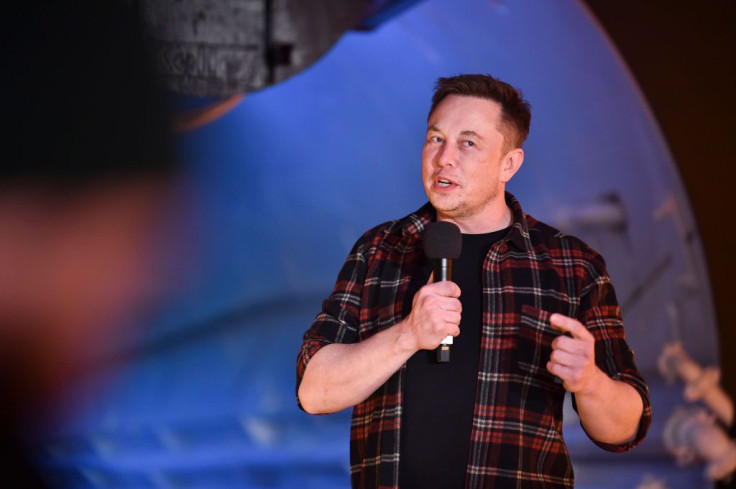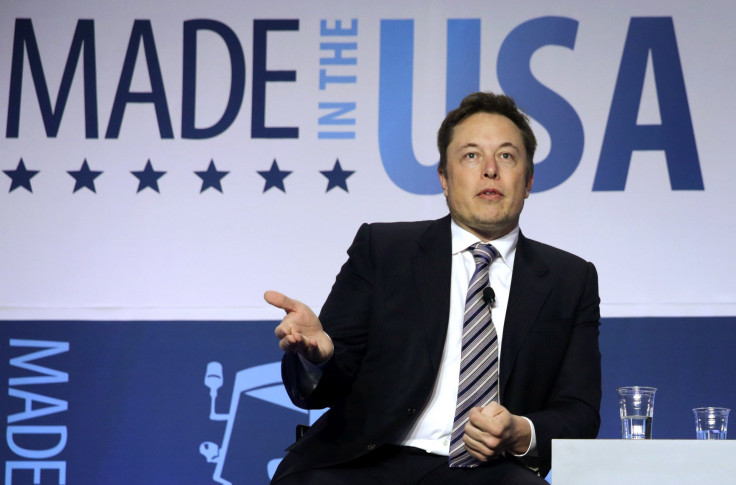Elon Musk Net Worth: Tesla Salary Could've Reached $56 Billion In 2018

The board of directors of Tesla Inc. will have to defend itself in court over its decision to approve what one irate shareholder claims is the unwarranted multibillion dollar pay package for company CEO Elon Musk.
The lawuit filed in June 2018 by shareholder Richard Tornetta alleges the Tesla board breached its fiduciary duty in approving Musk's overly generous package. It further contends the package unfairly enriches Musk.
Tornetta wants Musk's pay package be rescinded and the board of Tesla be overhauled to better protect investors. The ruling will open the door for additional discovery into the board's decision-making process.
In denying Tesla's request to dismiss the lawsuit, Vice Chancellor Joseph Slights of the Delaware Court of Chancery ruled "it is reasonably conceivable" the award to the Elon Musk is "well in excess of that paid to Musk's peers" on the board.
Slights, however, dismissed the shareholder's claim awarding Musk his compensation package was equivalent to corporate waste.
Slights said he would have dismissed the lawsuit if Musk's package was negotiated by truly independent directors and approved by a majority of shareholders unaffiliated with Musk. As it turns out, Tesla’s compensation committee wasn't independent of Musk, according to Slights.
“Plaintiff has well pled, however, that the board level review was not divorced from Musk’s influence,” wrote Slights in his decision.
Tesla estimated Musk's 2018 compensation package was worth $2.6 billion when it received stockholder approval in March 2018. If Tesla's market value skyrocketed, however, these stock awards could be worth nearly $56 billion, according to a public filing.
Some stock analysts at the time argued the stock awards might be worth up to $70 billion if Tesla grew quickly.
The compensation award approved by the board in a Proxy Statement includes no salary or cash bonus for Musk, but sets rewards based on Tesla’s market value, which might jump to as much as $650 billion over the next decade.
Proxy advisory firm Institutional Shareholder Services recommended voting against Musk's compensation, saying that if Musk attained the goals set forward in the Proxy Statement, Musk’s award will exceeed anything previously granted to U.S. CEOs.

Tesla has yet to post an annual profit. It didn't meet any of its performance milestones last year, meaning Musk received no compensation. Musk said he was actually at "net negative" compensation after paying for Tesla expenses.
"Elon actually earned $0 in total compensation from Tesla in 2018, and any reporting otherwise is incorrect and misleading," said Tesla in a July statement.
Musk will receive the first portion of his reward if he manages to double Tesla's market cap to $100 billion within 10 years. The compensation plan involves stock options that vest in 12 tranches.
Tesla’s market value must increase to $100 billion for the first tranche to vest and increase in additional $50 billion increments for the remainder. The package doesn't require Tesla to meet profitability goals.
The Proxy Statement filed with the U.S. Securities and Exchange Commission (SEC) states Musk "will receive no guaranteed compensation of any kind -- no salary, no cash bonuses, and no equity that vests by the passage of time. Instead, Elon’s only compensation will be a 100% at-risk performance award, which ensures that he will be compensated only if Tesla and all of our stockholders do extraordinarily well."
"By linking Elon’s compensation entirely to Tesla’s performance so that he does not receive any compensation unless all our stockholders benefit from significant value creation, the new performance award will similarly ensure that Elon and the team are totally aligned with stockholder interests going forward."
© Copyright IBTimes 2025. All rights reserved.





















